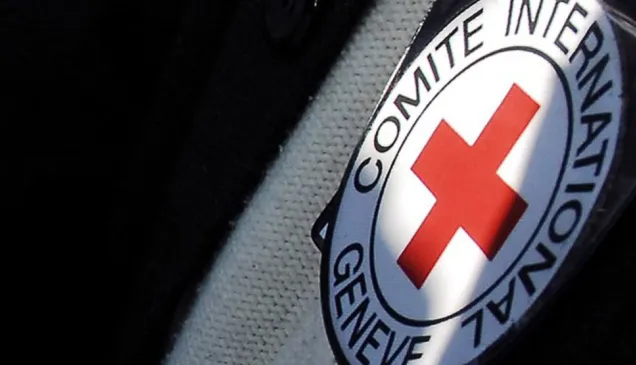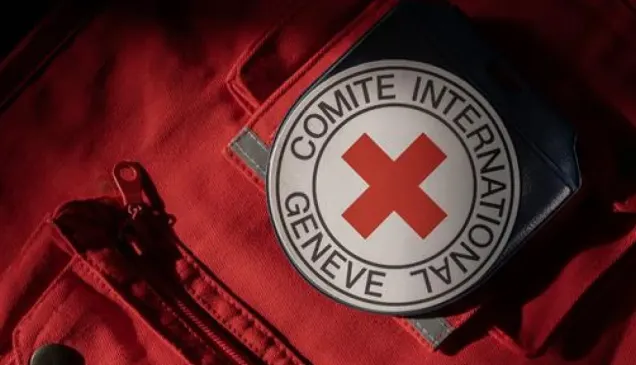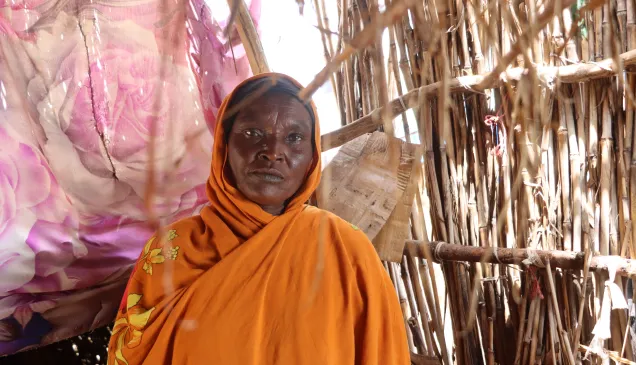Fundamental Principles: Reaffirming our Humanity, Reasserting our Neutrality and Impartiality
By Tadateru Konoé, President of the International Federation of Red Cross and Red Crescent Societies and Peter Maurer, President of the International Committee of the Red Cross
The 50th anniversary of the adoption of the Fundamental Principles is an opportunity to reflect on the International Red Cross and Red Crescent Movement's role in shaping principled humanitarian action in the past, present, and future.
Although we are celebrating the anniversary of their formal adoption these principles did not simply appear overnight in 1965. They were forged at the very beginning of the Red Cross, on the battlefields of Solferino, and have been shaped by over a century of experience in protecting the lives and dignity of people affected by armed conflicts and disasters worldwide.
Our principles – Humanity, Impartiality, Neutrality, Independence, Voluntary Service, Unity and Universality – guide our decisions, provide substance for our reflections and help us shape our actions to the situation and era in which we operate. They give us the courage and inspiration to respond to the most complex and daunting humanitarian challenges that mark our era.
The Fundamental Principles bind our Movement together, and they give us our distinct identity. Visit any of the 189 National Societies and you will see that, despite the breadth of activities they deliver, they are underpinned by a common architecture that creates the space in which humanitarian action is possible: a commitment to Humanity, and to responding to the needs of communities in an impartial and neutral way.
Reaffirming our Humanity
We are marking the anniversary of the Fundamental Principles at a time when millions of people are affected by conflict. This spiral of horror has forced millions of people to flee their homes, triggering movements of people across Europe and the Middle East, and throughout Africa, the Americas and Asia. For many, the decision to flee is also prompted by other factors, including natural disasters, poverty, the impacts of climate change, and scarcity of basic services. For too many, humanitarian aid is the only lifeline.
But among the many tragedies, there are also stories of Humanity. Thousands of Red Cross and Red Crescent volunteers from Mexico to Greece to Indonesia have mobilized to provide basic healthcare, food and water, and to help people reconnect with their loved ones. This is just one of many examples – from the Nepal earthquakes, to the Indian Ocean Tsunami to the Haiti earthquake – where Red Cross and Red Crescent volunteers have stood shoulder to shoulder with their communities to offer hope beyond tragedy and disaster.
On the 50th anniversary of the adoption of the Fundamental Principles, we reaffirm Humanity as the raison d'être of our work. We may still feel the overawed by the problems that we face, but guided by Humanity we do not shirk the challenges before us.
Reasserting our Impartiality and Neutrality
While Humanity is at the core of the International Red Cross and Red Crescent mission, we can only carry out effective humanitarian action if our Neutrality and Impartiality is understood and respected.
Whether it be safe drinking water or the medical care that's vital to ensure people's basic health, we deliver services impartially to people on all sides of a conflict, and to those affected by a disaster, whatever their ethnicity, religion or nationality. The only criterion is need and need alone.
Our impartial engagement, however, is too often cast under a light of suspicion; somehow, people make out that our assistance – especially if we have to negotiate with armed groups to get it through - legitimizes a political end. The reality is quite the contrary; we are able to provide services impartially because we are a neutral organization, but our neutral and impartial identity needs to be accepted and respected.
The politicization of humanitarian aid is the biggest threat to our ability to provide assistance in some parts of the world. On the 50th anniversary, let us remind ourselves that to maintain access and delivery of services where the needs are the most severe, we must reclaim our Neutrality and Impartiality from being hijacked for political ends. We call on States to respect our Neutrality, and we urge humanitarian actors to be rigorous as they apply Impartiality in the delivery of humanitarian aid.
The way to navigate through today's uncharted humanitarian waters might be confusing and unclear, but this is where the Fundamental Principles come into their own. For 150 years they have been our compass, guiding our ethical and operational choices. On the 50th anniversary of their formal adoption, we must pause to mark the Fundamental Principles' continued relevance to humanitarian protection and assistance even today. We must continue to nurture them, reaffirm our commitment to them, and introduce them to new generations.
Why?
Because they work.



